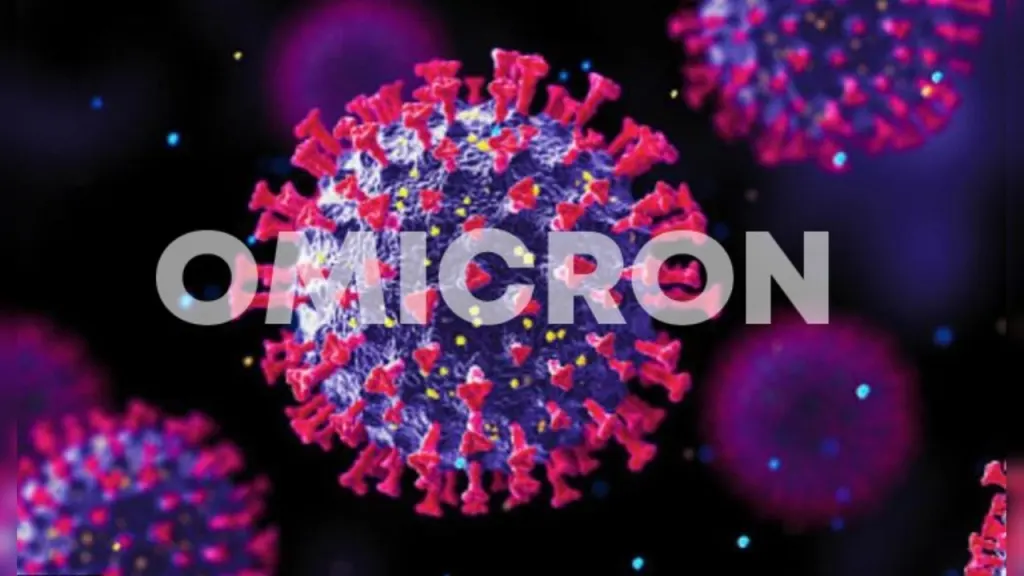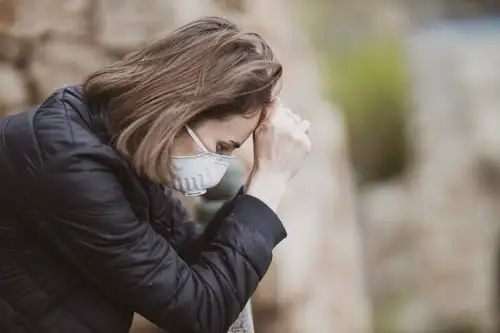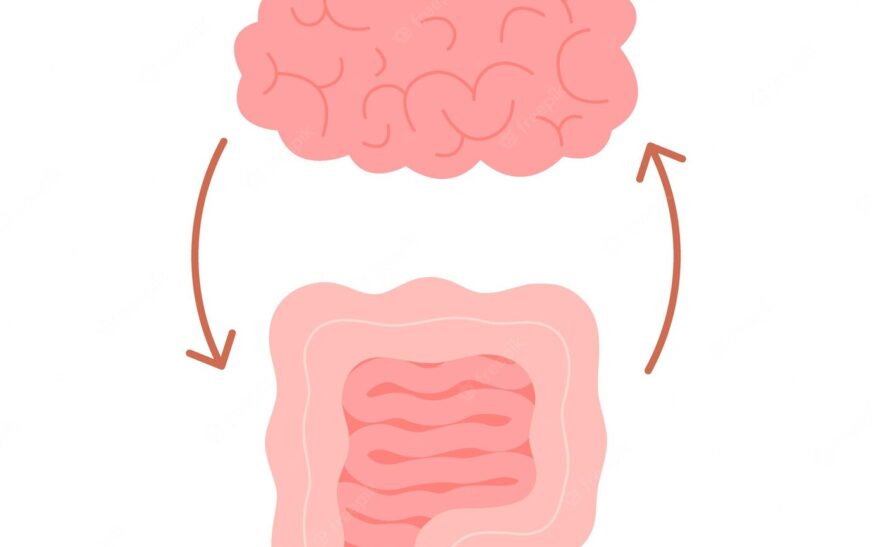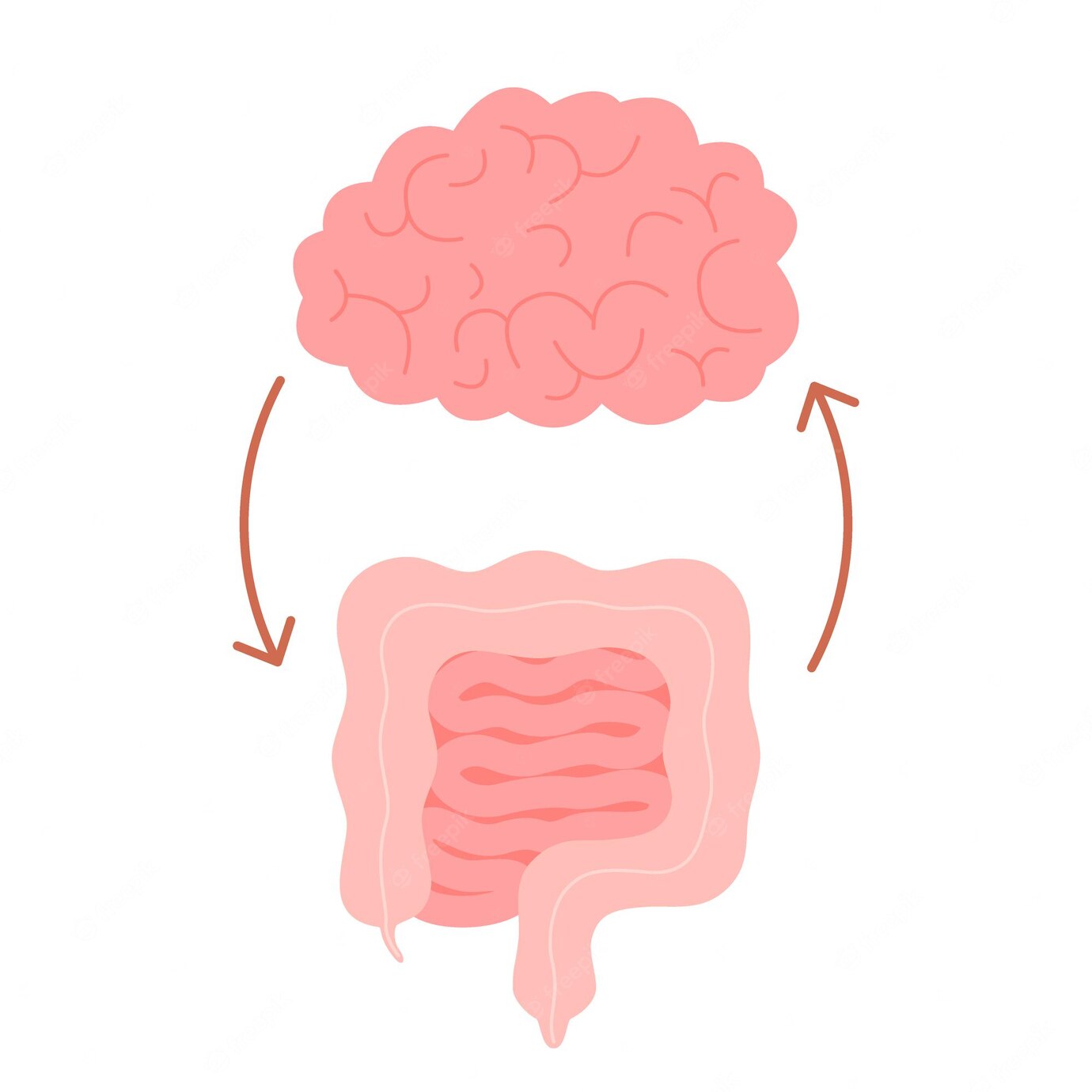Fever season is back. It is hardly surprising that colleagues and friends are coming down with high fever in this post-monsoon, or shall we say, the extended late monsoon time.
Fever, coming on suddenly at this time, could be due to a variety of infections such as Dengue, Flu, Malaria, Typhoid, COVID again, or the nameless “ viral”.
Getting a blood test, if your doctor advises, is not a bad idea. It is useful to know what they are for and what the results mean.
Dengue virus, now designated officially as DENV are of 4 types, (quite like the delta and alpha of SARS-COV2) and vary in their epidemiology and seriousness. Unlike COVID which spreads from an infected person fairly directly through droplets in the breath, Dengue requires another agent, a mosquito, to transmit.
The blood test for Dengue fever likely to be useful if undertaken early, that is in first 4 days, are NS1 antigen; couple this with a normal White blood cell count (WBC). Platelets are likely to be normal in the early phase and does not guarantee that they won’t dip by day 5 or so.
If the test is performed after 3-4 days, coupling the NS1 antigen with Dengue IgM is a good strategy; the latter tells about your body’s immune response to the recent virus exposure.
Most laboratories offer “fever panels” and these are what they offer.
WBC or total leucocyte count: if elevated, especially with neutrophils, it suggests a bacterial infection somewhere. May need antibiotics. Does not normally occur with Dengue.
Dengue tests: NS1 antigen, and Dengue IgM, Include platelets, if you are getting tested around day 4 or after.
Malaria antigen: to make sure it is not malaria
Test for Typhoid: Blood tests for typhoid are notoriously unreliable in the early phase, unless a blood culture is sent (it has to be before starting antibiotics). The other serological tests, that measure your body’s response to the infection; come on late. Widal test typically becomes positive after the 1st week. Hence a negative test does not exclude typhoid and needs careful interpretation.







